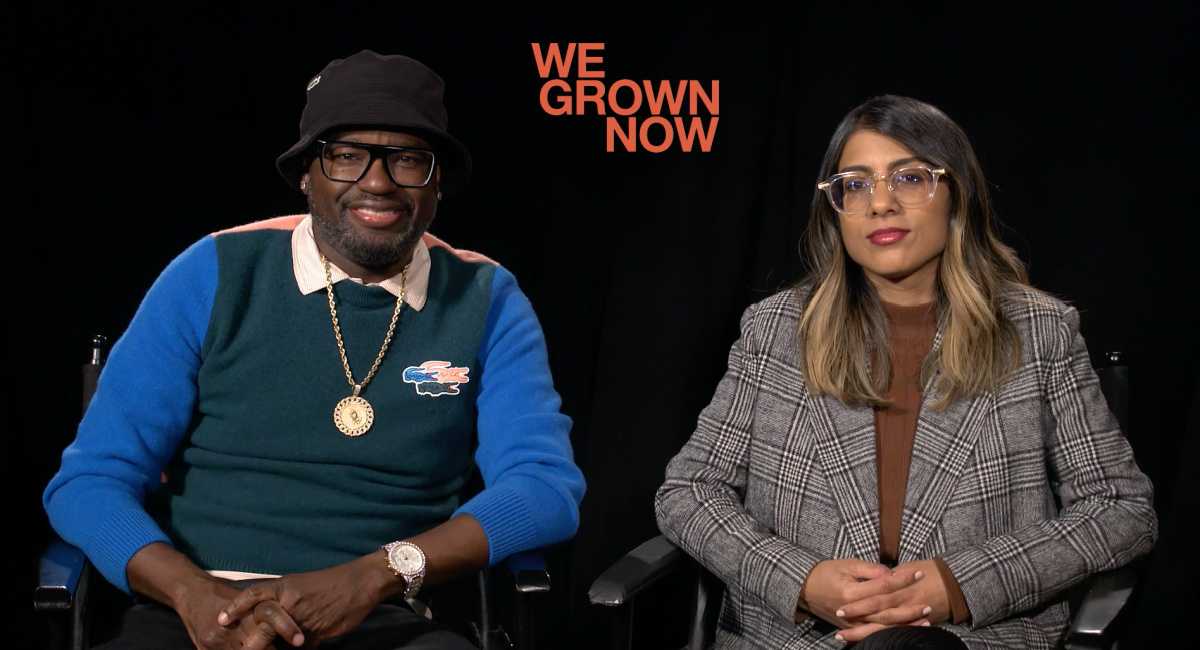Robin Williams' Death Followed by 10 Percent Rise in Suicides: Study
The world was shocked when Robin Williams was found dead in his home on August 11, 2014 in an apparent suicide by hanging. The Oscar-winning actor/comedian was 63. His widow, Susan Schneider, later revealed he had been struggling with Lewy Body Dementia.
A new study was published today in the journal PLOS ONE, investigating suicides following Robin Williams' death. The study used time-series analysis to estimate the expected number of suicides during the months following Williams' death vs. the actual number of suicides.
Their results showed a nearly 10 percent jump in the expected number of suicides in the fourth months following Williams' death:
"Time-series models indicated that we would expect 16,849 suicides from August to December 2014; however, we observed 18,690 suicides in that period, suggesting an excess of 1,841 cases (9.85% increase). Although excess suicides were observed across gender and age groups, males and persons aged 30–44 had the greatest increase in excess suicide events. [...]
Furthermore, the difference between the observed and expected number of suicides were a function of a greater than expected number of suffocation suicides, over all other methods. Although we cannot determine with certainty that these deaths are attributable to the death of Robin Williams, we found both a rapid increase in suicides in August 2014, and specifically suffocation suicides, that paralleled the time and method of Williams' death, and a dramatic increase in news media reports on suicides and Robin Williams during this same period, suggesting a connection between Williams' death and the subsequent increase in suicide deaths from August to December 2014."
David S. Fink of Columbia University was the lead author of the study; he told CNN, "This is the first study to examine the consequences of a celebrity suicide in the digital era. [...] We found both a rapid increase in suicides in August 2014, and specifically suffocation suicides, that paralleled the time and method of Williams' death."
The study addressed the idea of "copycat suicides":
"Identification with the deceased as a mechanism for so-called 'copycat suicides' has long been described as a 'Werther effect,' named after a 1774 novel by Johann Wolfgang von Goethe. That we observed the greatest excess suicide cases were among persons who used a similar method (i.e., suffocation) and who were of the same sex (i.e., male) and in a similar age group as Williams, it is possible that this excess in suicide cases is an example of the 'Werther effect.'"
Fink also found, using a news trend search on a Bloomberg terminal, "a dramatic increase in news media reports on suicides and Robin Williams during this same period."
In terms of media coverage, the study suggested reporting failures when it came to Williams' death:
"Popular news media headlines suggest that media guidelines for suicide reporting were not followed in the case of Mr. Williams. For example, media guidelines suggest that explicit description of the suicide method be avoided, as well as speculation on causes or details of site of suicide, especially in headlines; however, on August 12th, 2014, the Washington Post reported "Robin Williams's death shows the power of depression and the impulsiveness of suicide" and the New York Times reported with the headline "Robin Williams Died by Hanging, Official Says". Similar headlines can be found across many other population news media sources. A public news conference by the Sheriff assigned to the case detailed the belt that was used in Williams' death, his body position, and wrist marks, among other details. Thus, substantial evidence suggests that the major US news media outlets tended to deviate from the established suicide reporting guidelines following Williams' death."
Fink added that policy-makers and researchers need "to better understand the role that traditional and social media have on suicidal behaviors to understand how to better mitigate these deaths."
According to the National Institute of Mental Health, more than 40,000 people die by suicide each year in the United States; it is the 10th leading cause of death overall.
If you or someone you know is in crisis, call the National Suicide Prevention Lifeline at 1-800-273-TALK (8255), 24 hours a day, 7 days a week. The service is available to everyone. The deaf and hard of hearing can contact the Lifeline via TTY at 1-800-799-4889. All calls are confidential.
Want more stuff like this? Like us on Facebook.
What Dreams May Come
Chris Neilson dies to find himself in a heaven more amazing than he could have ever dreamed of. There is one thing missing: his wife. After he dies, his wife, Annie... Read the Plot






















